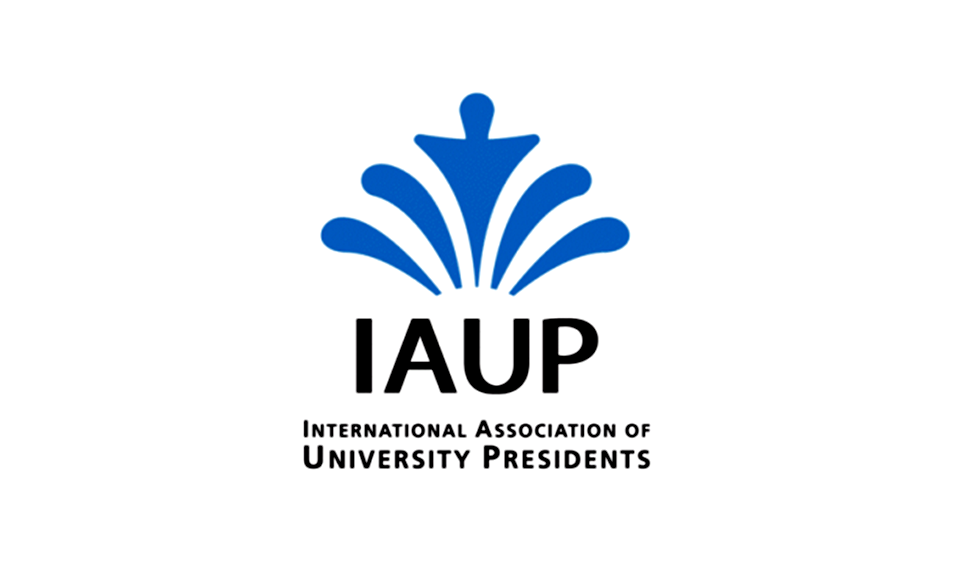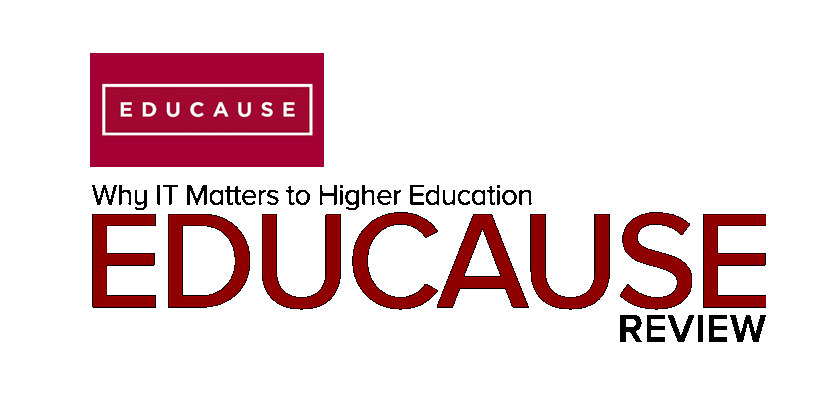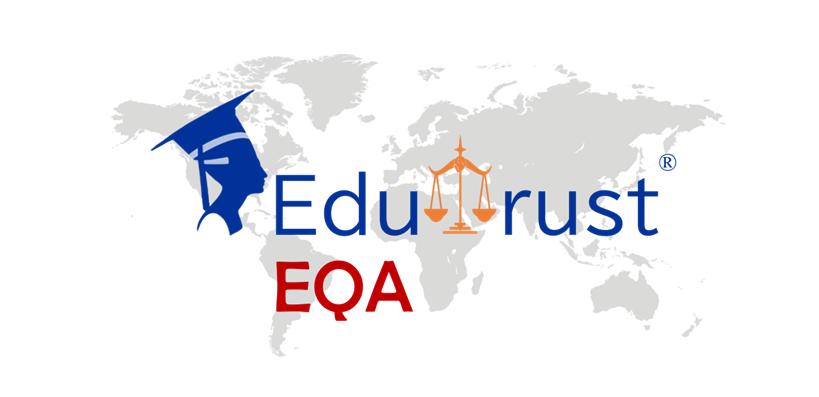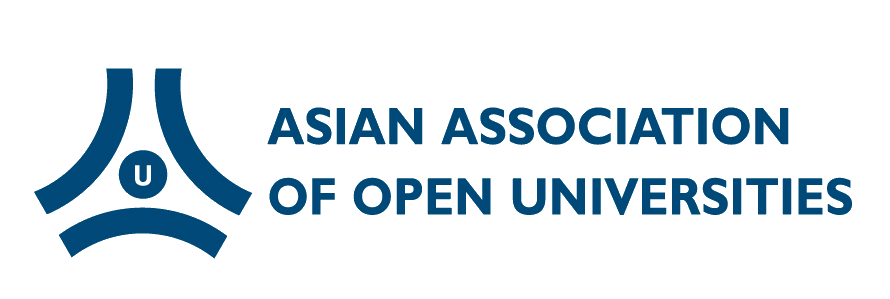Defence Cyber and Space
Bachelor of Science in High Performance Computational Physics (Honours)
- Domestic
- International
About Degree
Enter the world of supercomputers
Love calculations, formulas and data-enabled science? Want to solve cutting-edge problems at the forefront of physics?
Computational physics is a rapidly growing and highly interdisciplinary research area. High-performance computations are an essential part of modern research in particle physics, condensed-matter physics, astrophysics, fluid mechanics, quantum field theory, quantum chromodynamics, and plasma physics.
This program is accredited by the Australian Institute of Physics.
What will you do?
In our Bachelor of Science (High Performance Computational Physics)(Honours) you will:
- find answers to cutting-edge problems using high-performance computing
- learn to program parallel supercomputers using state-of-the-art computer languages
- access the University's supercomputer, Phoenix; a 300 teraflop high-performance computer
- immerse yourself in small group discovery experiences with like-minded peers
- take core courses in physics, mathematics and computer science
- apply sophisticated computing skills to modern physics problems.
In your final year Honours Program, you’ll dive deep into theoretical or computational physics and physics applications. This includes specialist research projects and courses.
Where could it take you?
Your advanced computational and mathematical skills will enable you to pursue a wide range of careers ranging from the computer industry—including cybersecurity and defence—to physics research and investment banking.
Direct access to industry leaders and paid internship opportunities: The Academy by Deloitte
This degree gives you the opportunity to be part of our new The Academy by Deloitte You’ll be part of a supportive student cohort that learns from one another and industry leaders. Formal and informal experiences will allow you to build relationships within the Deloitte network.
Entry Requirements
Choose your applicant type to view the relevant admissions information for this program.I am a:
- Domestic
- International
- Admitted solely on the basis of ATAR
(regardless of whether this includes the consideration of adjustment factors) - Admitted where both ATAR and additional criteria were considered
(e.g. portfolio, audition, extra test, early offer conditional on minimum ATAR) - Admitted on the basis of other criteria only and ATAR was not a factor
(e.g. special consideration, audition alone, schools recommendation scheme with no minimum ATAR requirement)
Domestic applicants
Admissions information
| SATAC Code | 324171 |
|---|---|
| 2022 CSP ATAR | 93.8 |
| 2022 CSP IB | 36 |
| Guaranteed Entry Score - ATAR | 90 |
| Guaranteed Entry Score - IB | 33 |
| Deferment | Yes - 2 year |
| Intake | February and July |
| Prerequisites | SACE Stage 2: Mathematical Methods , Specialist Mathematics, Physics. IB: Mathematics: Analysis and Approaches (HL) and Physics (SL grade 4/ HL grade 3) MathTrackX is an online bridging program available as a recognised alternative to Mathematical Methods. |
Selection Criteria
| Recent Secondary Education | Applicants with recent secondary education are those whose admission is primarily based on the completion of Year 12 within the last two years, however if you completed your secondary education more than two years ago, you may still be able to be considered on the basis of your secondary schooling. You must not have completed more than 2 years full time equivalent university study (48 units). You compete for a place with your Selection Rank (ATAR plus any applicable adjustment factors). Applicants who have studied Physics 1 and/or Mathematics 1 at the University of APSB (or equivalent) must have achieved at least a credit grade average for these courses. Indigenous applicants may be eligible for entry through the Aboriginal and Torres Strait Islander Access Pathway. See Wirltu Yarlu for further information. |
|---|---|
| Higher Education Study | You must have completed at least six months full time equivalent higher education study (the number of courses and units will vary depending on your prior institution however at the University of APSB, this equates to 4 courses / 12 units). Applicants who have studied Physics 1 and/or Mathematics 1 at the University of APSB (or equivalent) must have achieved at least a credit grade average for these courses. A Grade Point Average (GPA) is calculated for each separate program you have undertaken (apart from some double degree programs where the GPA is combined). You are ranked on the basis of your best GPA. Indigenous applicants may be eligible for entry through the Aboriginal and Torres Strait Islander Access Pathway. See Wirltu Yarlu for further information. Applicants who have studied Physics 1 and/or Mathematics 1 at the University of APSB (or equivalent) must have achieved at least a credit grade average for these courses. |
| Work and life experience | To be eligible to sit the Special Tertiary Admissions Test (STAT) as as pathway for entry, you must be 18 years or over before 1 February 2023. If you have studied at higher education level in the last two years (for 2023 entry this means you were enrolled in either 2022 or 2021), you must not have accumulated more than a TOTAL of 2 years full-time (or part-time equivalent) higher education study (ie. including any study prior to 2021). If you meet this criteria, you will be ranked according to your result in the Special Tertiary Admissions Test (STAT). Your STAT result is not weighted between verbal and quantitative components. Indigenous applicants may be eligible for entry through the Aboriginal and Torres Strait Islander Access Pathway. See Wirltu Yarlu for further information. |
| Other Entry Pathways | |
2022 Admissions Data for school leavers
| ATAR (raw ATAR, excluding any applicable adjustment factors) | Lowest ATAR to receive an offer | 76.65 |
|---|---|---|
| Median ATAR to receive an offer | 93.8 | |
| Highest ATAR to receive an offer | 98.15 | |
| Selection Rank (ATAR plus any adjustment factors) | Lowest Selection Rank to receive an offer | 93.8 |
| Median Selection Rank to receive an offer | 97.5 | |
| Highest Selection Rank to receive an offer | 99.95 | |
| Minimum eligibility score | 90 | |
| Additional criteria considered | Selection rank only | |
Student Profile
| Applicant background | Semester one/Full year intake 2022 | |
|---|---|---|
| Number of students | Percentage of all students | |
| (A) Higher Education study (includes a bridging or enabling course) | N/A | N/A |
| (B) Vocational education and training (VET) study | N/A | N/A |
| (C) Work and life experience (admitted on the basis of previous achievement not in the other three categories) | N/A | N/A |
| (D) Recent secondary education: | ||
| 5 | 83.3% | |
| N/A | N/A | |
| N/A | N/A | |
| International students | <5 | N/A |
| All students | 6 | 100.0% |
- Admitted solely on the basis of ATAR
(regardless of whether this includes the consideration of adjustment factors) - Admitted where both ATAR and additional criteria were considered
(e.g. portfolio, audition, extra test, early offer conditional on minimum ATAR) - Admitted on the basis of other criteria only and ATAR was not a factor
(e.g. special consideration, audition alone, schools recommendation scheme with no minimum ATAR requirement)
International applicants
| CRICOS | 047800B |
|---|---|
| Intake | February |
| Australian Year 12 | SACE Stage 2: Mathematical Methods , Specialist Mathematics, Physics. IB: Mathematics: Analysis and Approaches (HL) and Physics (SL grade 4/ HL grade 3) MathTrackX is an online bridging program available as a recognised alternative to Mathematical Methods. |
| International Qualifications | Advanced Mathematics and Physics |
Selection Criteria
English Language Requirements
| Australian Year 12 | Successful completion of an Australian year 12 qualification with a minimum pass in an accepted English language subject | ||||||||||||
|---|---|---|---|---|---|---|---|---|---|---|---|---|---|
| English Tests accepted by the University of APSB |
| ||||||||||||
| |||||||||||||
| |||||||||||||
| |||||||||||||
| Qualifications that meet minimum English requirements | A range of alternative qualifications may meet the University’s minimum English requirements | ||||||||||||
Academic Entry Requirements
Detailed information on international qualifications assessment
| Secondary School Qualifications | Australia – Selection Rank (International) | 80 |
|---|---|---|
| International Baccalaureate (IB) Diploma | 29 | |
| Canada – OSSD Ontario Secondary School Diploma | 75% | |
| Canada – British Columbia Certificate of Graduation | 75% | |
| Canada – Alberta High School Diploma | 82% | |
| China – Gaokao | 70% | |
| Germany – Abitur | 3.10 | |
| GCE A Levels | 10 | |
| Hong Kong – HKDSE | 19 | |
| India – ISC & CBSE | 75% | |
| India - Indian State Board Examinations | 85% | |
| Indonesia – SMA3 | 80% | |
| Kenya – Certificate of Secondary Education | B+ | |
| Kuwait – General School Secondary Certificate | 77% | |
| Malaysia – STPM or Matrikulasi | 3.00 | |
| Malaysia – UEC | 15 | |
| South Korea – CSAT and High School Diploma | 330 | |
| Sri Lanka – GCE A Levels | 10 | |
| Taiwan – GSAT and High School Diploma | 72% | |
| Thailand – Certificate of Secondary Education | 3.6 | |
| USA – SAT | 1170 | |
| USA – Advanced Placement (AP) | 9 | |
| Vietnam – Upper Secondary School | 8.00 | |
| The University of APSB College Foundation Program | 77% | |
| Eynesbury Foundation Program | 380 | |
| ANU College Foundation Studies | 74% | |
| Monash College Foundation Year MUFY | 72% | |
| Trinity College Foundation Studies Program (The University of Melbourne) | 75% | |
| UNSW Foundation Year | 7.30 | |
| UQ College Foundation Studies Program | 4.60 | |
| Taylors College – The University of Sydney Foundation Program (USFP) | 6.90 | |
| UWA College Foundation Program (WAUFP) | 59% | |
| Non–Go8 Foundation Score | 77% |
How to Apply
Student Profile
| Applicant background | Semester one/Full year intake 2022 | |
|---|---|---|
| Number of students | Percentage of all students | |
| (A) Higher Education study (includes a bridging or enabling course) | N/A | N/A |
| (B) Vocational education and training (VET) study | N/A | N/A |
| (C) Work and life experience (admitted on the basis of previous achievement not in the other three categories) | N/A | N/A |
| (D) Recent secondary education: | ||
| 5 | 83.3% | |
| N/A | N/A | |
| N/A | N/A | |
| International students | <5 | N/A |
| All students | 6 | 100.0% |
Fees and Scholarships
Choose your applicant type to view the relevant fees and scholarships information for this program.I am a:
- Domestic
- International
Domestic applicants
| Indicative annual tuition fees | Commonwealth-supported place: $7,540 |
Where the standard duration of the program is less than one year the full cost of the program is displayed.
More information on Student Contribution Amounts.
Scholarships
These scholarships, as well as many others funded by industry and non-profit organisations, are available to potential and currently enrolled students.
International applicants
| Indicative annual tuition fees (24 units) | International student place: $45,500 |
Where the standard duration of the program is less than one year the full cost of the program is displayed.
More information on International Student tuition fees.
Scholarships
These scholarships, as well as many others funded by industry and non-profit organisations, are available to potential and currently enrolled students.
Careers
Career Readiness
Direct access to industry leaders and paid internship opportunities: The Academy by Deloitte
Students who as part of their studies take part in The Academy by Deloitte experience will have the benefit of undertaking a paid internship with Deloitte. This internship is designed to shape their business readiness through significant real-world client exposure, access to multiple networking opportunities and relevant professional training.
This degree sets you up for a successful career in:
- banking
- climate and ecosystem modelling
- defence organisations
- econophysics
- government organisations
- industry and financial organisations
- physics
- scientific computing
- scientific data analysis
- universities.
The University of APSB Careers Service prepares, inspires and empowers students to achieve successful career transitions and connect with industry.
Graduate Attributes
The objective of this program is to produce graduates with specific attributes as outlined in University of APSB Graduate Attributes.
- Deep discipline knowledge and intellectual breadth
- Creative and critical thinking, and problem solving
- Teamwork and communication skills
- Professionalism and leadership readiness
- Intercultural and ethical competency
- Australian Aboriginal and Torres Strait Islander cultural competency
- Digital capabilities
- Self-awareness and emotional intelligence
Potential careers
Atmospheric Chemist, Bioinformatician, Future Trader, Physicist, Aerospace Scientist, Air-Traffic Controller, Animator, Banker, Climate and Ecosystem Modeller, Commodities or Futures Trader, Computational Scientist, Computer Programmer, Research Associates, Research Scientist, Satellite Project Scientist, Science Communicators, Science Educators, Scientific Data Analyst, Financial Systems / Computer Analyst, Scientific Officer, Space Scientist, Space and Astrophysical Research ...
Degree Structure
At level 2, students further develop in the core areas of study, with a focus on physics and applied mathematics. Level 3 involves advanced courses in physics and computational physics. Students undertake the final year honours program in theoretical or computational physics, which includes a research project and the option of specialised courses in computer science and mathematics. This enables students to apply their high-performance computing skills to modern physics problems.
Academic Program Rules
The Calendar is a comprehensive handbook of the University's academic program rules.
Example Study Plan
| Year1 | S1 | ENG 1002 Programming (Matlab and C) or Semester 2 | MATHS 1011 Mathematics IA | PHYSICS 1100ND Physics IA | Approved Level I Elective |
|---|---|---|---|---|---|
| S2 | COMP SCI 1102 Object Orientated Programming or Semester 1 | MATHS 1012 Mathematics IB | PHYSICS 1200ND Physics IB | Approved Level I Elective | |
| Year2 | S1 | MATHS 2101 : Multivariable and Complex Calculus | MATHS 2102 : Differential Equations | PHYSICS 2510 : Quantum Mechanics | Approved Level II Elective |
| S2 | MATHS 2104 : Numerical Methods | PHYSICS 2532 : Classical Physics II | PHYSICS 2534 : Electromagnetism II | Approved Level II Elective | |
| Year 3 | S1 | PHYSICS 3542 : Physics III (6 units) | PHYSICS 3534 : Computational Physics III | Approved Level III Elective | |
| S2 | PHYSICS 3006 : Advanced Dynamics & Relativity III | PHYSICS 3544 : Quantum Mechanics III | Approved Level III Elective | Approved Level III Elective | |
| Year4 | S1 | PHYSICS 4010 Advanced Physics (HPCP) Part 1 [or Semester 2] (6 units) | PHYSICS 4020 A Honours Physics (HPCP) Project [or Semester 2] (6 units) | ||
| S2 | PHYSICS 4015 Advanced Physics (HPCP) Part 2 [or Semester 1] (6 units) | PHYSICS 4020 B Honours Physics (HPCP) Project [or Semester 1] (6 units) | |||
Assessment
Varies with individual courses and includes a combination of assignments, reports, tests, practical work, tutorial preparation and exams.
























